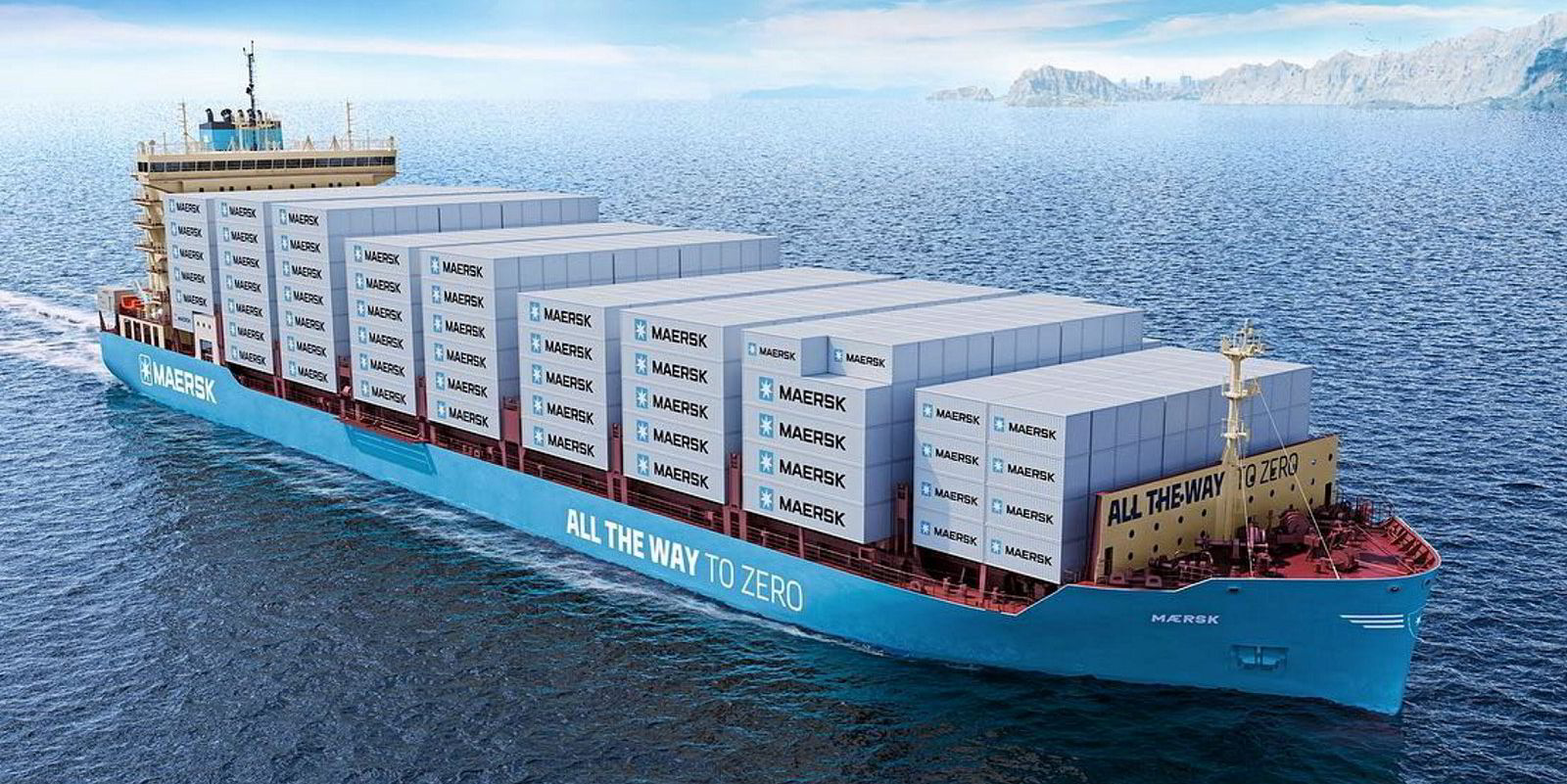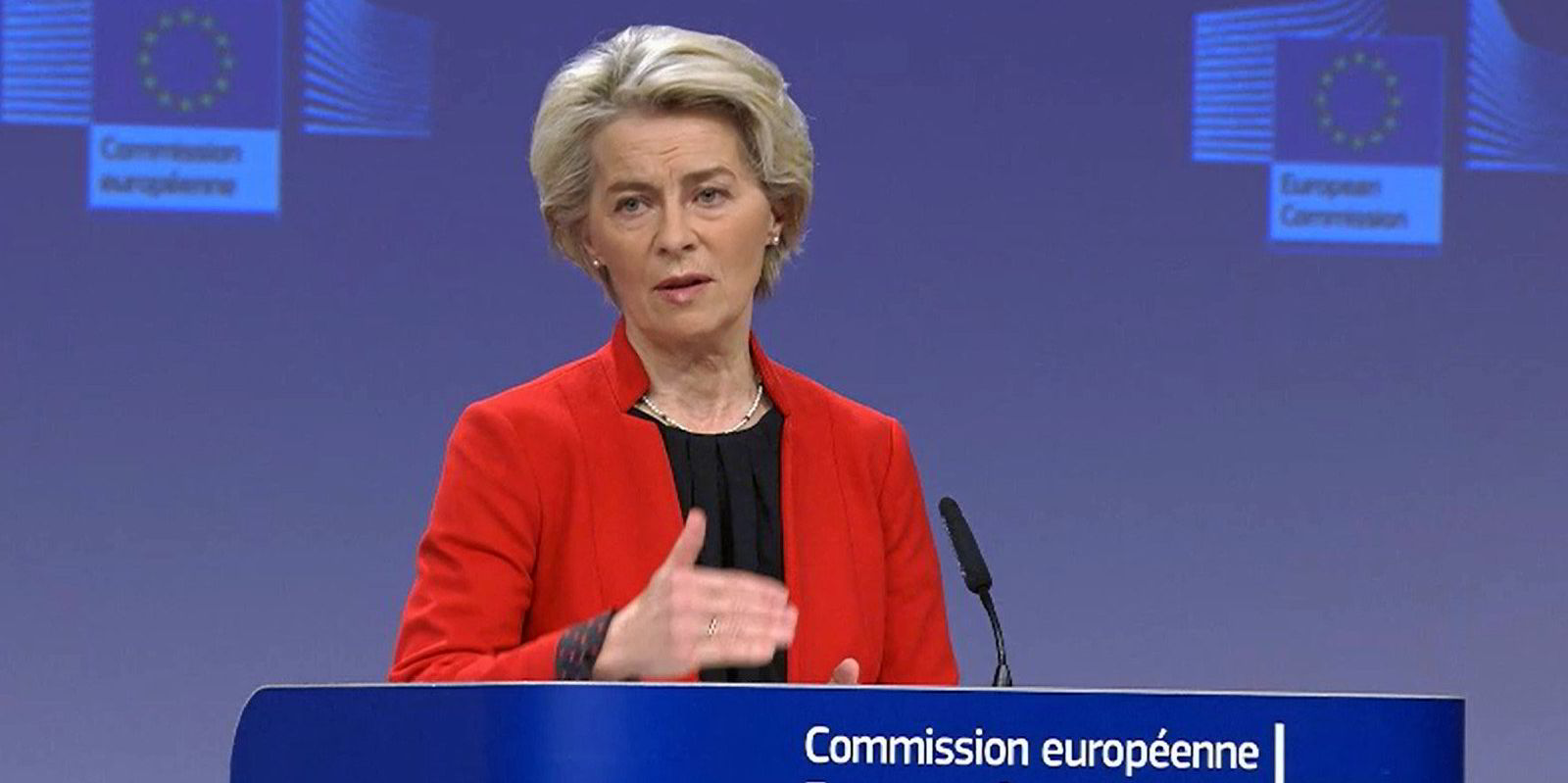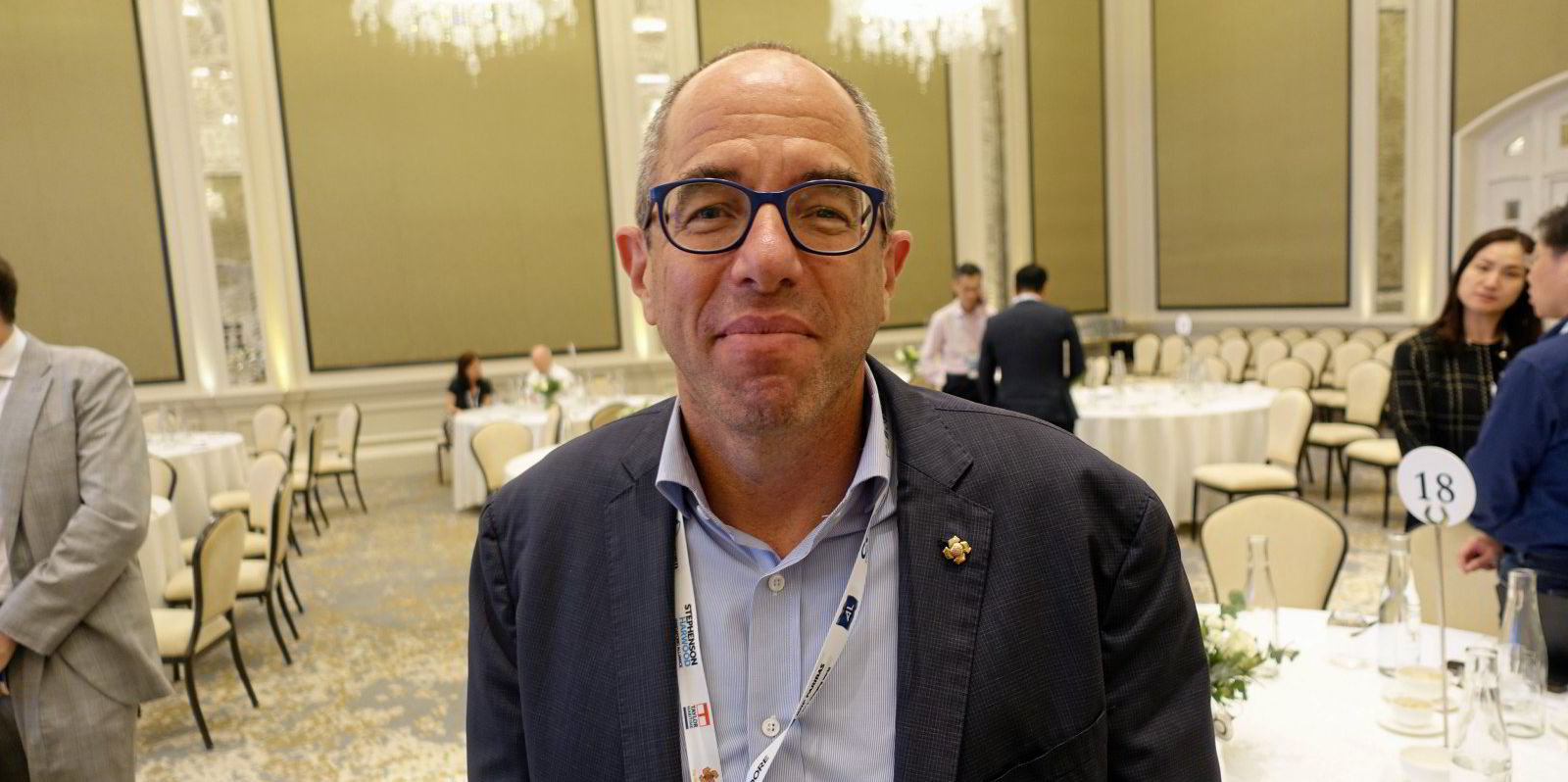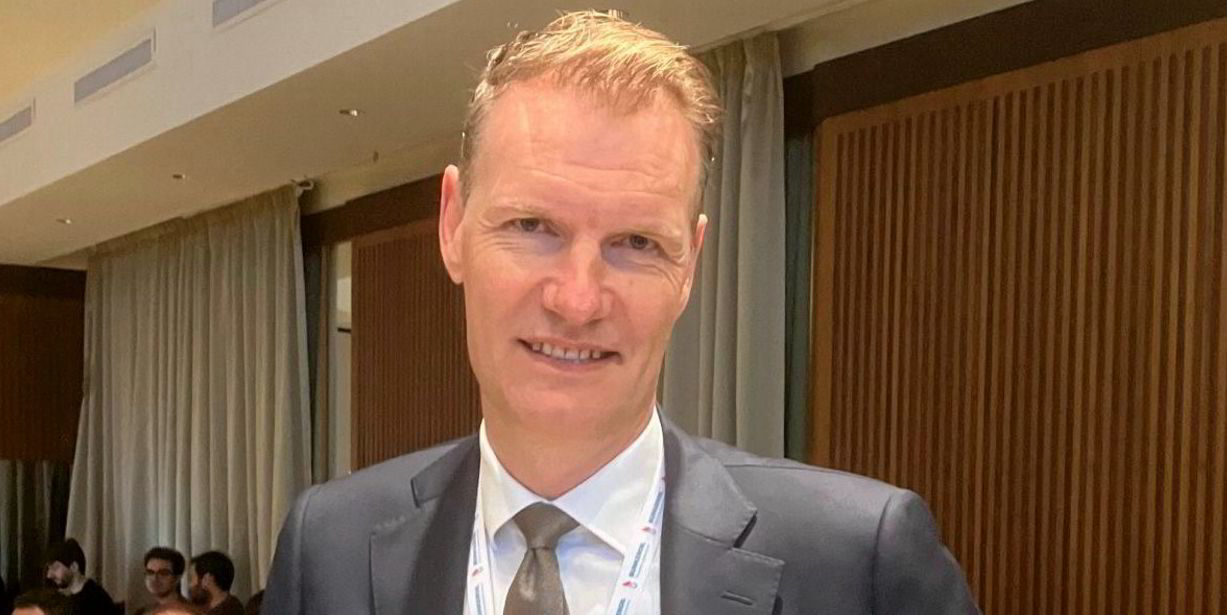Liner companies are keen to adopt green synthetic fuel solutions to improve their eco-credentials.
But research by Dutch bank ING suggests that “a bit of energy-systems thinking” might lead them to focus on options that remain fossil-based.
Carriers and their large clients, such as Ikea, Amazon and Unilever, prefer green solutions to position themselves as sustainable companies.
But ING suggests it might be better for them to begin with blue methanol instead of the green variant. It attributes that to the energy inefficiencies and the likely shortages of green sources of carbon.
Blue methanol is produced using blue hydrogen — hydrogen produced from natural gas in combination with carbon capture and storage (CCS) technology, vastly reducing well-to-tank CO2 emissions.
It produces around the same emissions as green methanol, produced from biomass, or e-methanol produced from green hydrogen, captured CO2 and renewable electricity.
But ING senior sector economists Rico Luman and Gerben Hieminga question the logic of green methanol in a report into the effect of synthetic fuel on shipping.
“Why would one produce green hydrogen and combine it with a green carbon source, when the methanol can be produced directly from an abundant fossil carbon source and its emissions can be reduced with CCS?” the researchers ask.
Reasons why
Synthetic fuels require green sources of carbon that will be scarce in a net-zero economy.
Another problem is that green methanol is very energy intensive, with much of the energy lost in the production process.
“Put differently, ships that run on synthetic fuels only use 20& to 25% of the energy that is provided. That’s a staggeringly low performance,” the authors note.
The production of green methanol also requires a lot of green hydrogen, far more than the amount being produced today.
“So, the low energy efficiencies of synthetic fuels are only justified when green energy is abundant in a net-zero economy, and we’re certainly not there yet.”
Luman believes regulatory support may be needed to narrow the price differential between synthetic and fossil fuels.
Currently, the green options increase fuel costs by four to nine times compared with fossil-based fuels. The blue options increase fuel costs by two to five times.
Trade-off
Price is important, as synthetic fuels involve a trade-off between fuel costs and freight revenues.
The researchers calculate that a vessel running on methanol would have to tank two to 2.5 times more often than vessels that run on heavy fuel oil, marine gas oil or very low sulphur fuel oil (14 times during the year as opposed to six or seven times).
They conclude that synthetic fuels could be the technology fix that shipping needs because they promise the possibility of reaching zero-emission targets, even though they are costly and lose more energy than fossil fuels.
However, as the world tries to reach net-zero goals, shipping companies may have little choice but to use them more, as there are few alternatives.






